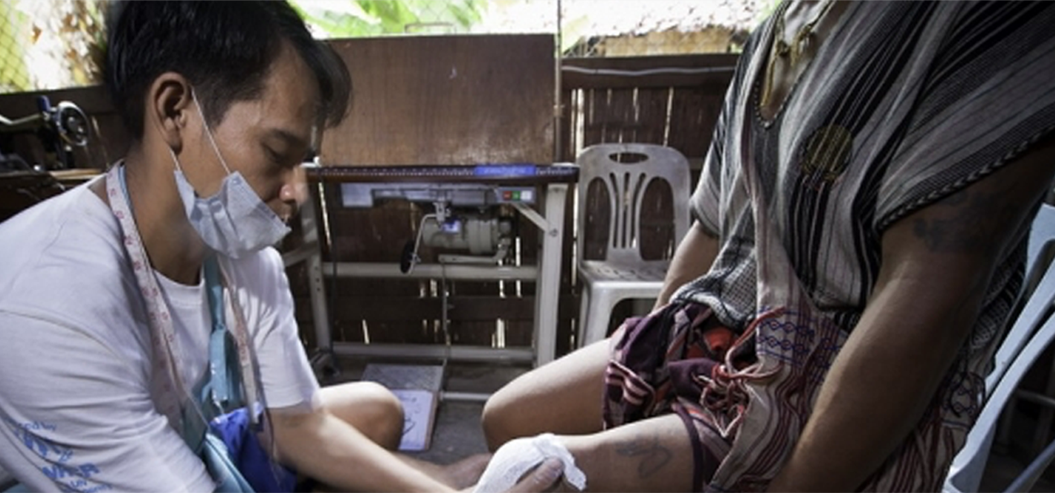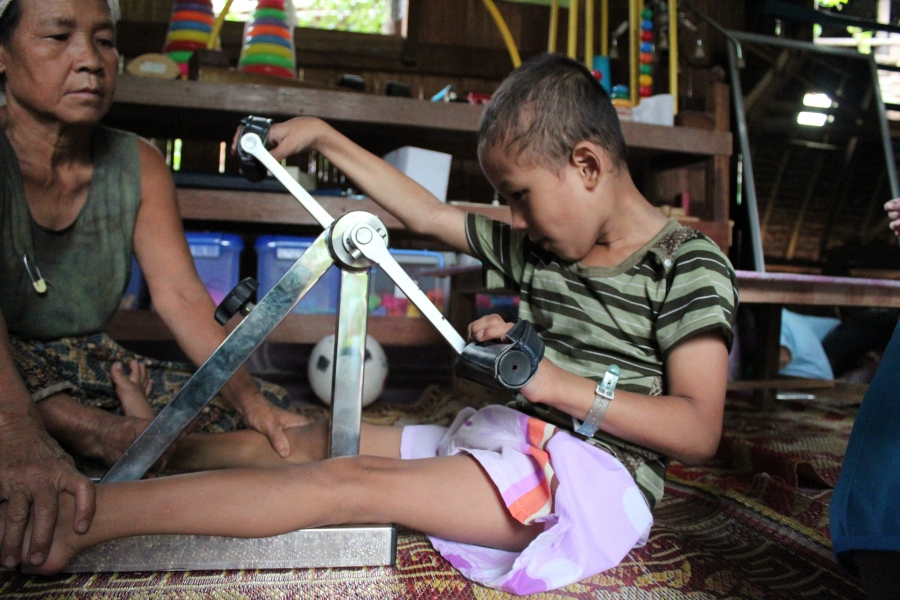Quality specialised services: UNHCR has been working with partners to provide specific support and prosthetic, orthotic and assistive devices to regain hope and have them lead a safe and practical life.
- In 2016, 397 people received ongoing physical rehabilitation. Special classrooms help children with disabilities gain physical strength and develop cognitive skills.
- Enhanced accessibility for people with disabilities: UNHCR has been improved houses and public places such as walkways and latrines, to cater to people with special needs.
- Provided psychological assistance to 3,043 people in 2016.

























